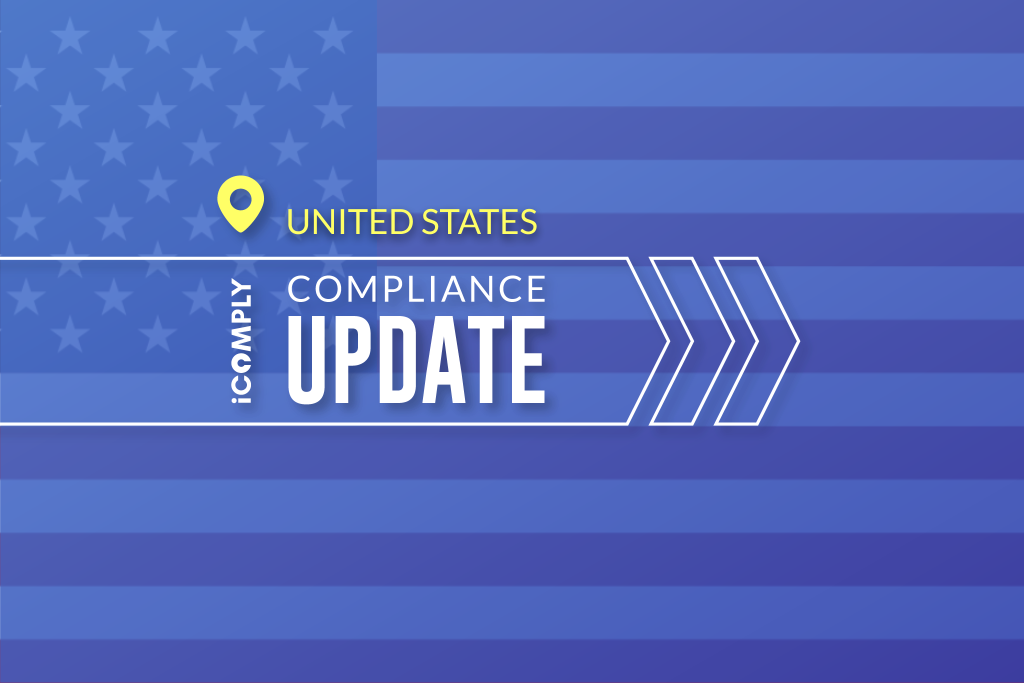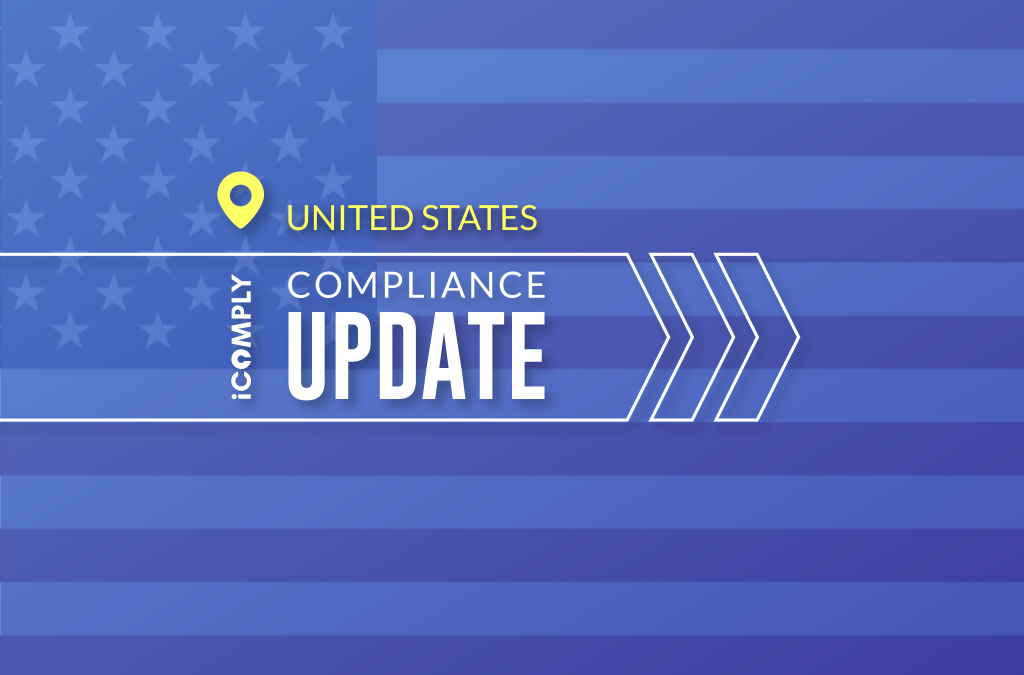SEC Ruling Issued Against BitClave ICO

Unregistered $25.5-million ICO issuer ordered to return money to investors
What Happened?
May 28, 2020: The Securities and Exchange Commission (SEC) found BitClave PTE Ltd. of San Jose, California conducted an unregistered Initial Coin Offering (ICO) between June and November 2017.
Source: https://www.sec.gov/news/press-release/2020-124
Who Is Impacted?
The 9,500+ investors who invested USD $25.5 million into BitClave’s Consumer Activity Token (CAT).
Why This Matters?
Because it was never registered as a security, the public sale of the CAT token violated the registration provisions of federal securities laws in the United States.
In the US, securities issuers must follow registration requirements, or use a registration exemption such as Reg D or Reg CF. Token issuers that use US exemptions must follow specific restrictions and thresholds – for both the primary sale and the secondary market of any security they issue. BitClave has been ordered by the SEC to return all the funds they acquired through this token sale.
What’s Next?
Without admitting or denying the SEC’s findings, BitClave has agreed to pay a total disgorgement of USD $25,500,000, a prejudgment interest of USD $3,444,197, and a penalty of USD $400,000. The SEC’s order also establishes a Fair Fund to return monies paid by BitClave to the 9,500+ injured investors.
Finally, BitClave has also agreed to transfer all of the remaining CAT in its possession to the fund administrator for permanent disabling, publish a notice of the SEC’s order through their site, and request the removal of CAT from all virtual asset trading platforms currently listed for sale or trade.
learn more
Is your AML compliance too expensive, time-consuming, or ineffective?
iComply enables financial services providers to reduce costs, risk, and complexity and improve staff capacity, effectiveness, and customer experience.
Request a demo today.
Implementing FATF Travel Rule Compliance
The Financial Action Task Force (FATF) Travel Rule is essential for preventing money laundering and terrorist financing. Implementing compliance with this rule requires a strategic approach to ensure all regulatory requirements...
Understanding the FATF Travel Rule
The Financial Action Task Force (FATF) Travel Rule is a significant regulation in the global fight against money laundering and terrorist financing. It mandates that financial institutions share certain information about the...
HARNESSING THE POWER OF AML SCREENINGS TO UNCOVER POLITICALLY EXPOSED PERSONS (PEPS)
Politically Exposed Persons (PEPs) are individuals who hold prominent public positions and are considered higher risk for potential involvement in corruption and money laundering. AML screenings are essential for identifying and...




